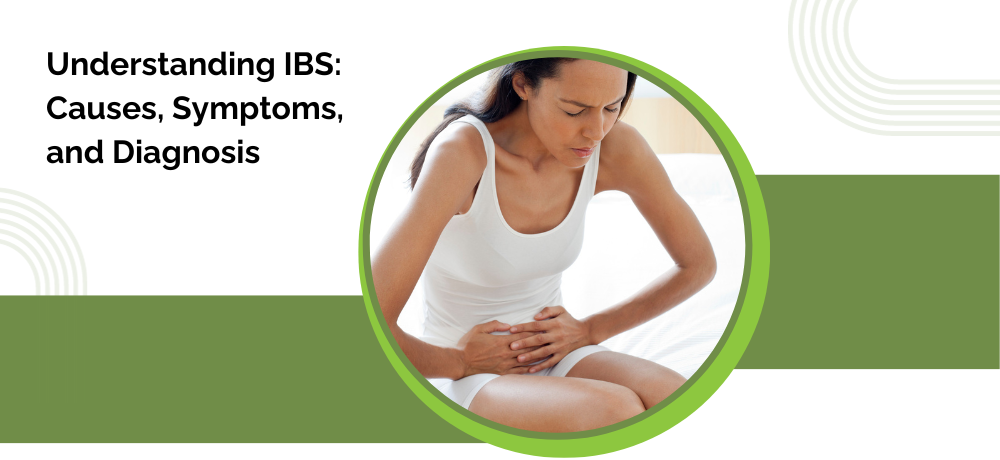Understanding IBS: How a Toronto Naturopath Can Help You Find Relief
- Tara Andresen
Categories: digestive health Digestive Issues gut health IBS IBS Toronto IBS Treatment SIBO Treatment

If you’re in Toronto and dealing with Irritable Bowel Syndrome (IBS), you understand how challenging it can be to manage symptoms like bloating, abdominal pain, and irregular bowel movements. Whether you’re new to IBS or have been struggling for a while, you’re not alone. At NDcare, we specialize in providing naturopathic IBS treatment to help Toronto residents regain their digestive health and find lasting relief.
What is Irritable Bowel Syndrome (IBS)?
Irritable Bowel Syndrome (IBS) is a common digestive disorder that affects millions of people globally. IBS is a functional bowel disorder, meaning it disrupts digestive function without visible damage to the digestive system. While it affects the large intestine (colon), IBS presents a variety of symptoms that include:
If you’re living with IBS, it’s important to note that a Toronto naturopath can help identify the underlying causes and offer natural treatments.
Common Causes and Triggers of IBS:
Although the exact cause of IBS remains unclear, several factors may contribute to the development and severity of symptoms:
1. Gut Motility Abnormalities: People with IBS often experience irregular contractions in the colon.
2. Imbalanced Gut Bacteria: An unhealthy balance of gut bacteria (gut microbiome) can contribute to IBS symptoms.
3. Food Sensitivities or Intolerances: Certain foods can trigger IBS symptoms.
4. Psychological Stress: Anxiety and stress may worsen symptoms of IBS.
5. Genetic Predisposition: A family history of IBS may increase your risk of developing it.
By addressing these causes, a naturopathic doctor can help restore balance and relieve your symptoms.
Diagnosing IBS with a Toronto Naturopath
IBS is usually diagnosed based on your symptoms and by ruling out other conditions. A naturopath may recommend further investigation through blood work, stool testing, or referral for colonoscopy to confirm diagnosis and guide treatment.
Naturopathic IBS Treatment in Toronto: A Holistic Approach
The good news is that IBS can often be managed effectively with a holistic, individualized approach. At NDcare, we tailor our treatment plans to uncover the root causes of your digestive symptoms and provide natural solutions.
Dietary Modifications for IBS Relief
We help you follow a whole-foods-based plan that eliminates common triggers and supports your microbiome. Depending on your symptoms, we may recommend structured elimination diets, fiber strategies, or symptom-specific protocols.
Treating SIBO and Dysbiosis
IBS is sometimes triggered by SIBO or dysbiosis. We use SIBO breath testing and stool cultures to evaluate your microbiome and recommend targeted herbal antimicrobials, probiotics, and dietary interventions to restore balance.
Gut Microbiome Restoration
To optimize digestion, we support your gut flora with probiotics, prebiotics, and fermented foods, customized to your symptoms. This helps ease bloating, gas, and bowel irregularities.
Healing Increased Intestinal Permeability (Leaky Gut)
Leaky gut may contribute to inflammation and symptom flares. We use L-glutamine, anti-inflammatory foods, and gut-healing herbs such as slippery elm and marshmallow root to restore the gut lining and reduce symptoms..
Get Natural Relief from IBS Symptoms
If you are looking for IBS support in Toronto, NDcare offers natural, non-pharmaceutical strategies designed to help you feel better from the inside out.
Book Your Free Consultation
If IBS is affecting your quality of life, reach out today. Book your free 15-minute consultation to find out more about how a Naturopath can help.
Learn more about naturopathic IBS treatment